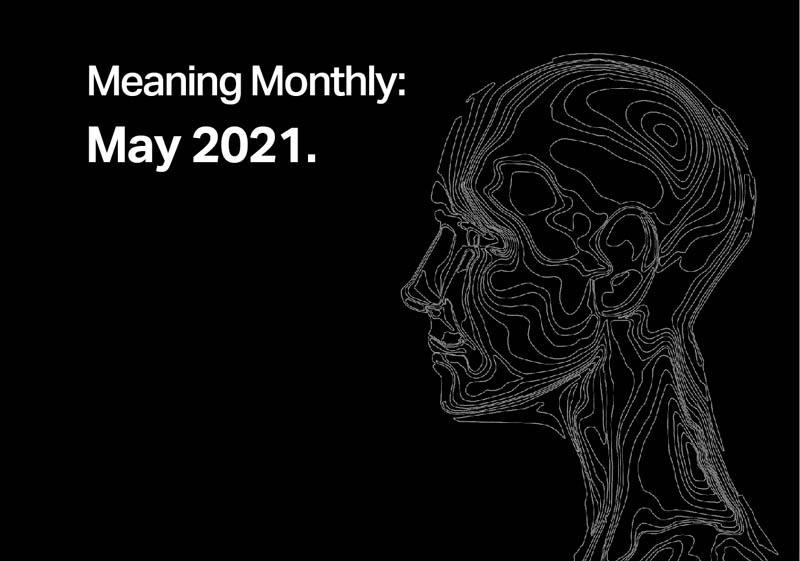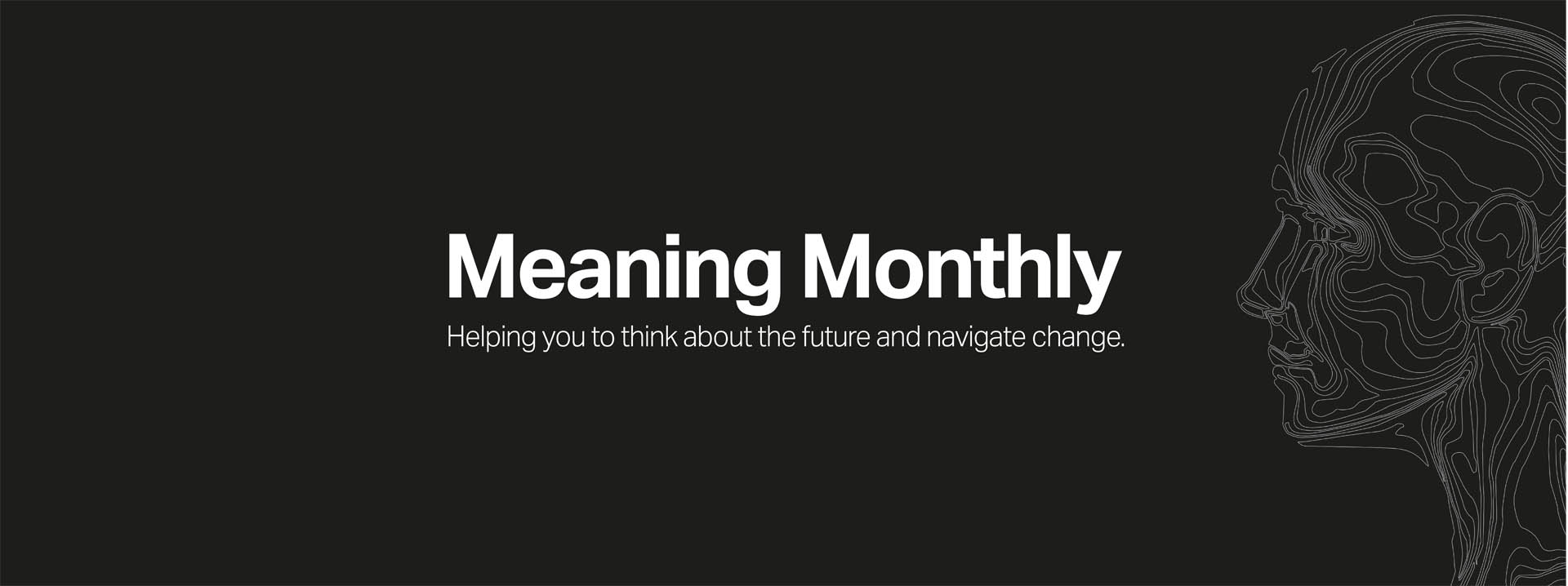
June 2021
This month at Recipe, we have been examining how AI is making healthcare more human and how connected fitness services and apps are helping to empower patients and consumers. We’ve also shared Recipe’s Strategic Insight Team’s approach to remote research and the flexible techniques developed.
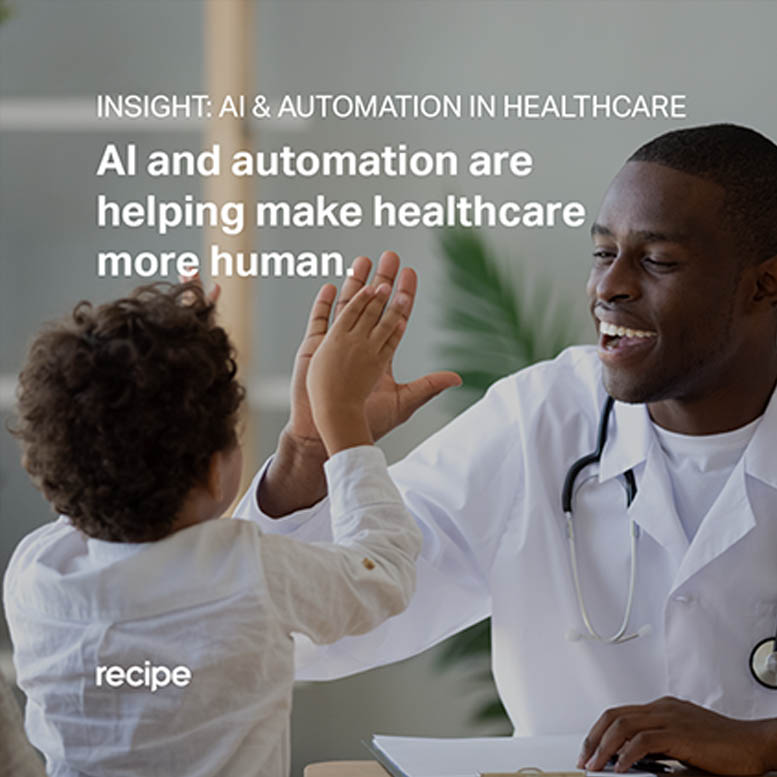
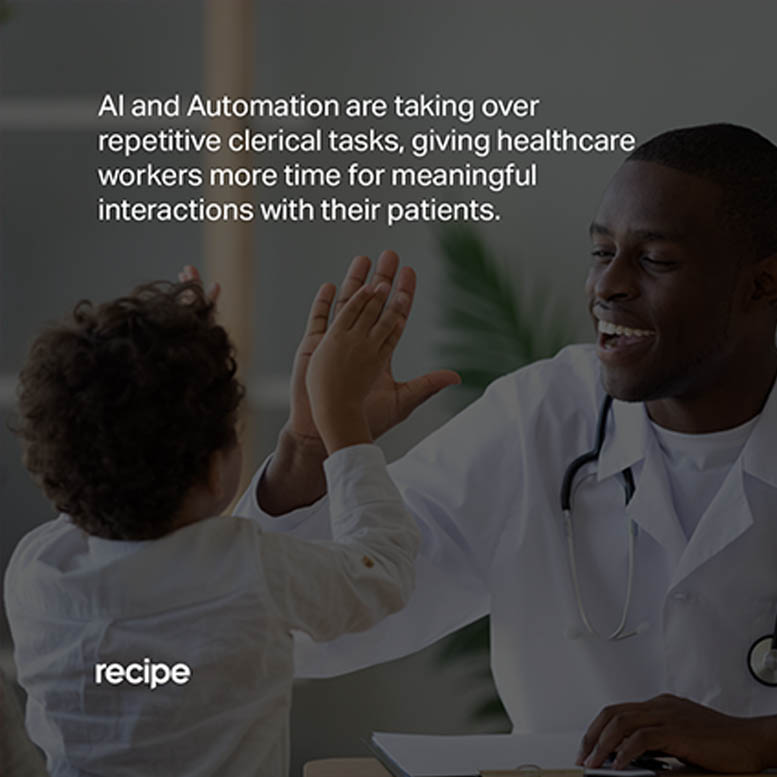
AI & Automation in Healthcare: AI and process automation are slowly taking over many of the routine or clerical tasks in Healthcare such as data entry, data consolidation and scheduling, allowing Healthcare providers to spend more time with their patients.
Process automation can help reduce human error, increase efficiency and, in turn, help improve the patient experience through streamlining. New digital tools and processes designed for hospitals and clinics are being developed at a rapid rate and cover everything from helping schedule surgeries (e.g. Surgimate), organising and collating data for electronic patient health records to helping doctors diagnose possible conditions.
By leveraging the abilities of these new tools, Healthcare workers are more free to do what they do best, working directly with patients.
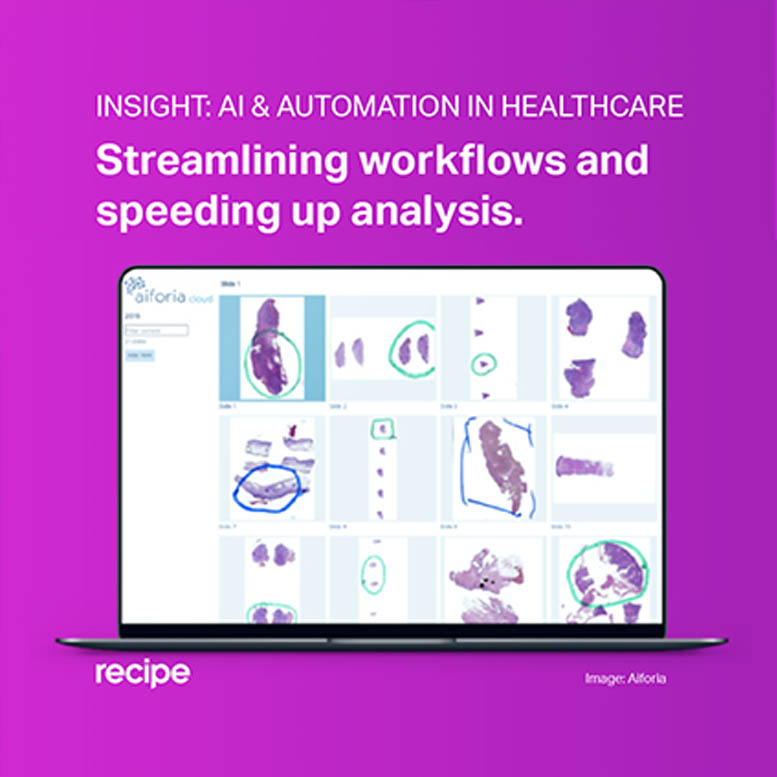
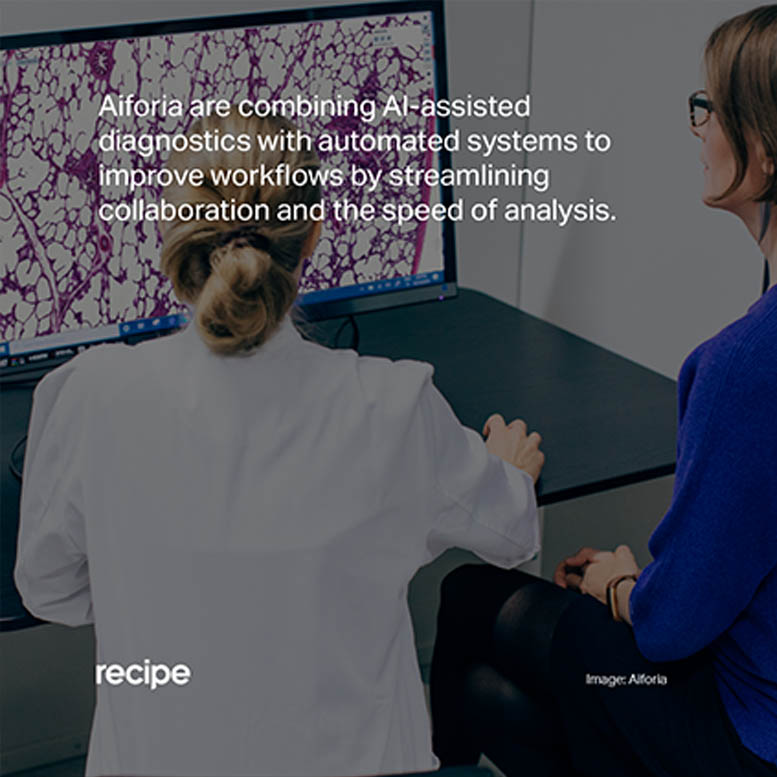
AI & Automation in Healthcare: AI assistance combined with automation are helping pathologists with their workflows by streamlining collaboration, and leading to more efficient analysis.
Aiforia has developed software that helps enhance the analysis of images from tissue samples and enables remote viewing and collaboration, leading to faster case review. This is important for pathologists, as their workloads have been increasing due to rising rates of diseases and sample numbers. By automating and making workflows more streamlined analysis can happen quicker.
Aiforia has also developed AI-assisted diagnostics that uses machine learning to analyse images and help assist pathologists and clinicians in making a quicker diagnosis.
Far from taking the human out of the equation, AI and Automation are helping to assist healthcare workers in delivering better patient experiences and care.
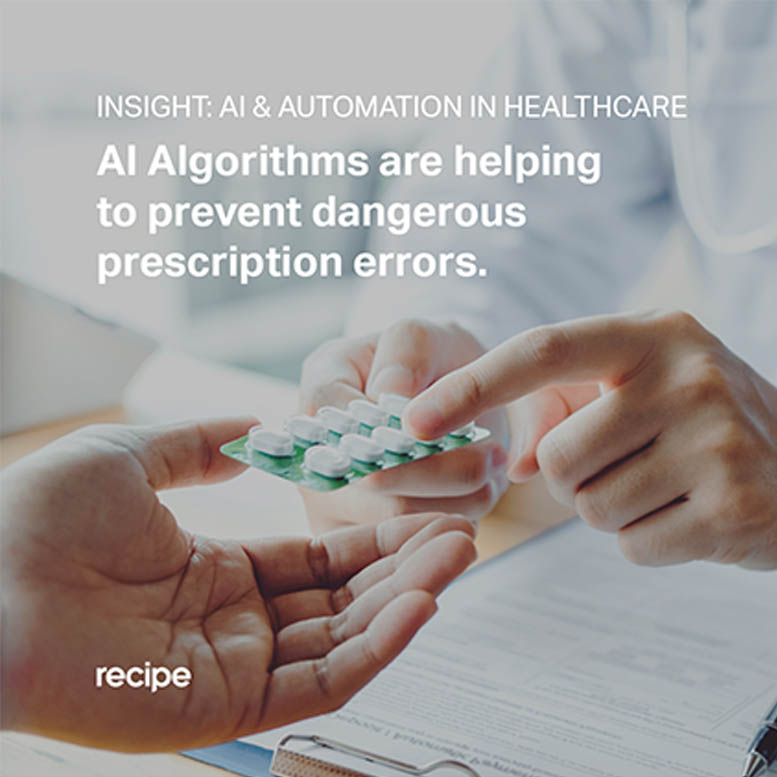
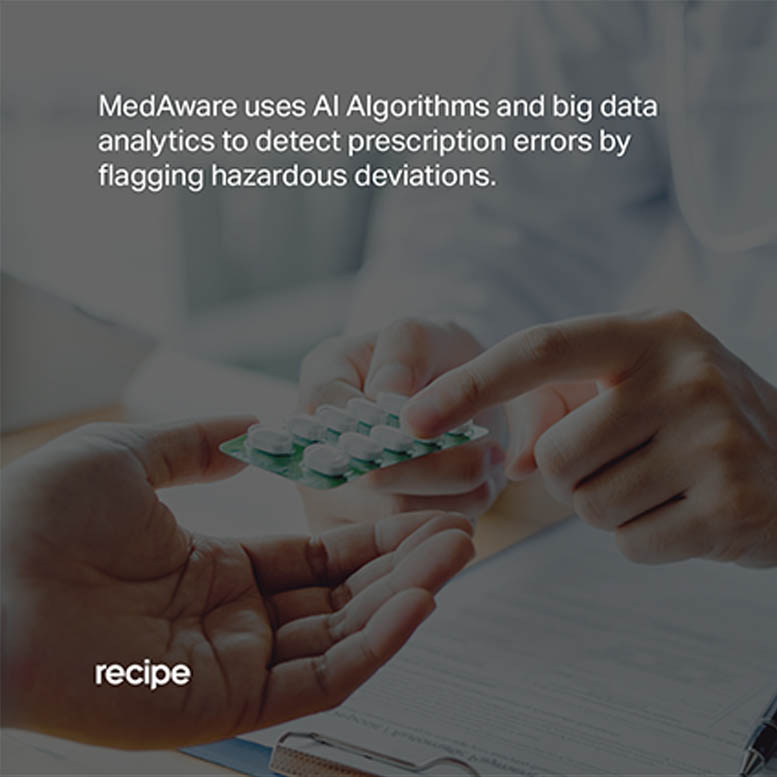
AI & Automation in Healthcare: AI Algorithms are helping prevent prescription errors by using big data analytics to detect any hazardous deviations from prescription patterns of similar patients, thus reducing human error.
As physicians experience heavier workloads and longer hours, they are more likely to make a prescription error. MedAware helps to reduce human error in prescriptions through their AI-enabled patient safety platform. The AI Algorithm analyses the prescriptions of thousands of patients and flags any prescription that deviates from patient/doctor profiles. By using AI and big data analytics instead of a rule-based system, MedAware can more intelligently and accurately spot mistakes. These mistakes are then sent to physicians for review, allowing them to use their expertise to vet the algorithm.
Advances in AI in healthcare are focusing on creating tools that can help assist healthcare providers and create better patient outcomes. It is clear that AI will not be able to replace the expertise of a real human healthcare provider, but it can offer powerful tools that assist healthcare providers and reduce human error.
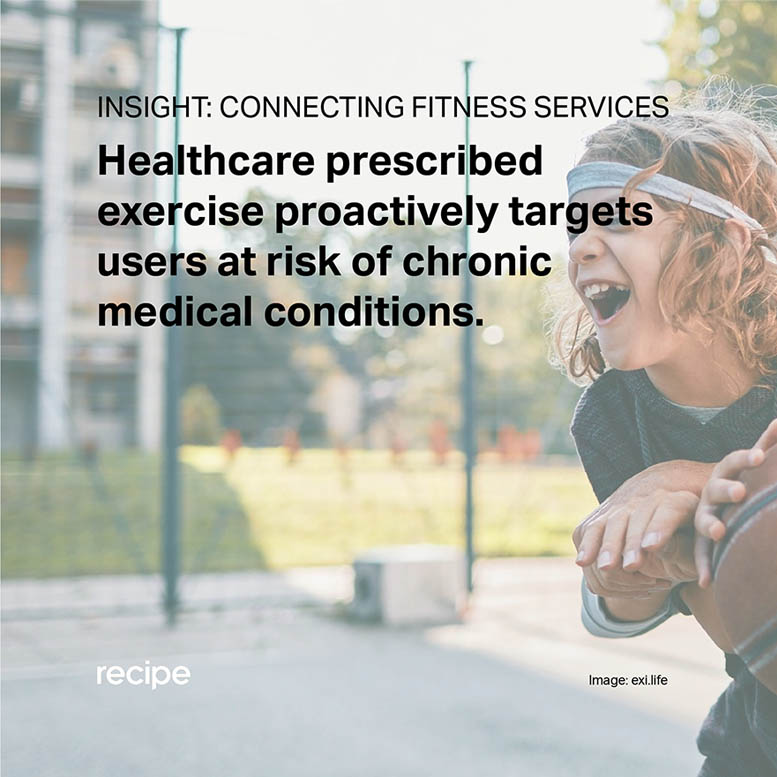
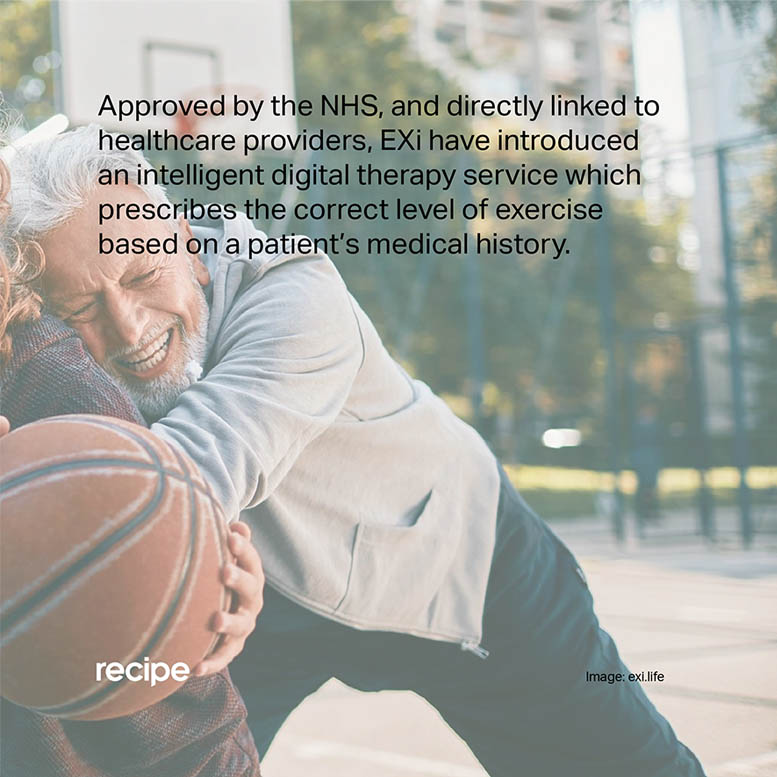
Connect with the user.
Health and fitness services should be inclusive and not a privilege reserved for the elitist gym goer. Regardless of age, weight, ability or medical condition, everyone should be able to benefit from connected fitness. Digital fitness services are now being designed to capture and utilise data across a wider spectrum to accommodate users with all levels of fitness, ability and can even consider any pre-existing medical conditions.
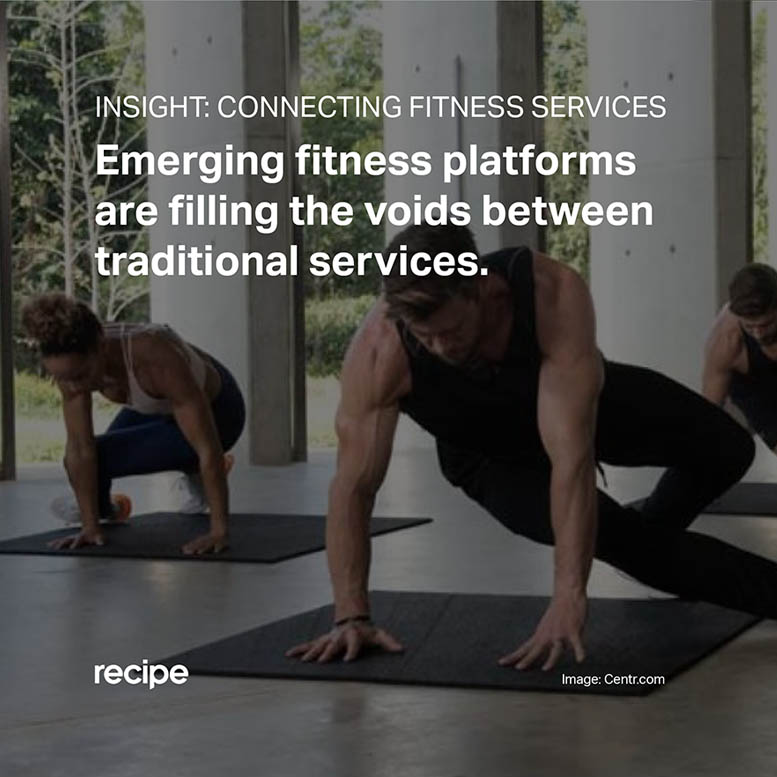
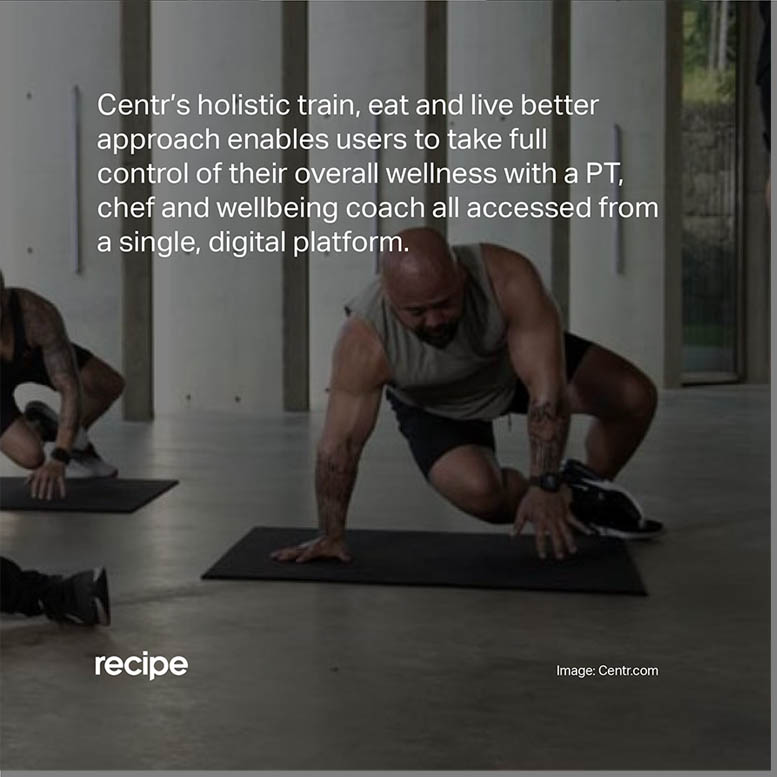
Connecting the dots.
Lack of time, motivation and results are all known barriers to an effective fitness program. These barriers are heightened when introducing multiple categories that require additional knowledge and expertise, all of which leave gaps for failure. Brands are beginning to fill these gaps between classic exercise programs, traditional nutritional guidance and emerging wellbeing offers, to enable users to take control of their overall fitness, maximise the chances of success and meet their goals.
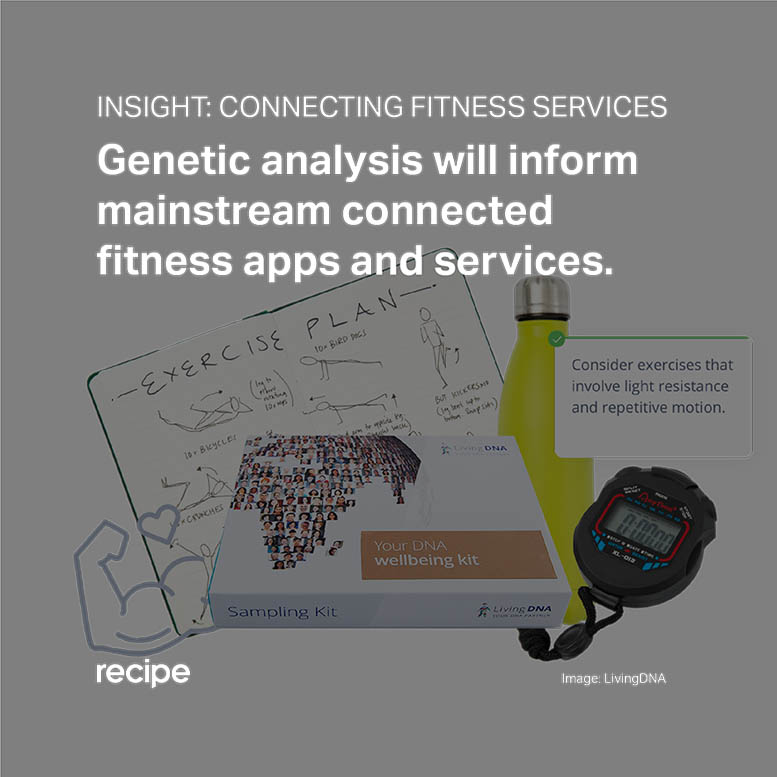
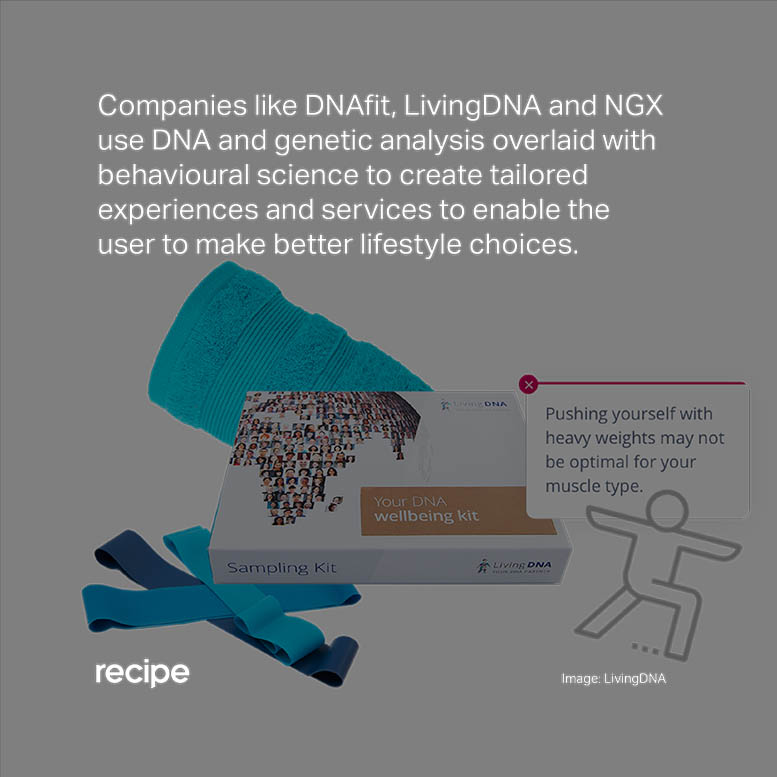
Connect with the future you.
DNA and genetic analysis are becoming more accessible but have so far been commercially limited to the identification of family lineage and other inherited dietary indicators. By removing the guess work from a prescribed plan and decoding how and why the body responds to certain foods and exercise, targeted wellness experiences can be offered to improve compliance and ultimately increase success rates.

Remote Research – New Methodologies for a Changing World
DNA and genetic analysis are becoming more accessible but have so far been commercially limited to the identification of family lineage and other inherited dietary indicators. By removing the guess work from a prescribed plan and decoding how and why the body responds to certain foods and exercise, targeted wellness experiences can be offered to improve compliance and ultimately increase success rates.
Previous month
May 2021
In May 2021, we looked at new remote healthcare solutions, wrote about connected fitness, empathetic AI and the evolving CBD market and shared some news about our ongoing partnership with MyGlobalHome, looking at digital healthcare solutions in the home.
Meaning Centred Design Assessment
Meaning Centred Design helps your business understand how people think about, perceive and understand what you stand for and what you have to offer.
MCD Insights can be mapped and translated into new propositions with the potential to make your brand more distinctive, more engaging and ultimately more valuable.
This assessment is an interactive online tool that will help you quickly assess your current situation. It takes less than 5 minutes to compl
